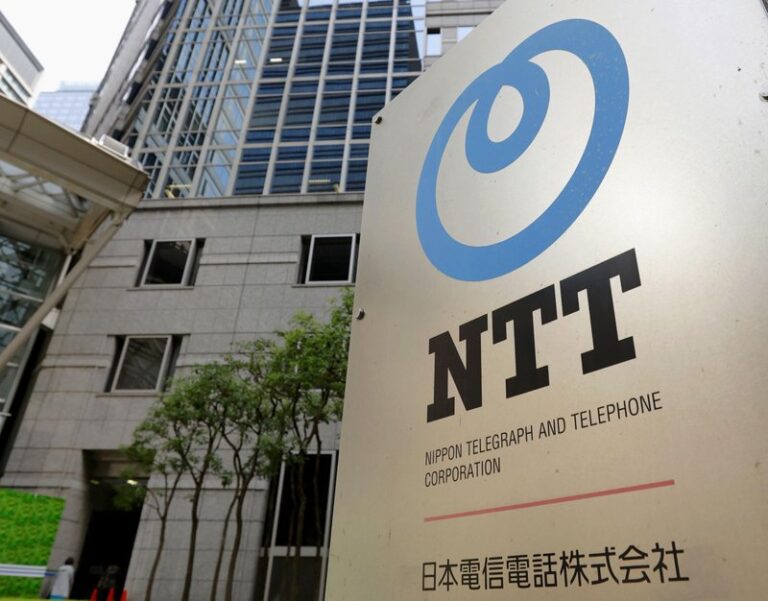
(AP) — Japanese telecoms giant Nippon Telegraph & Telephone, or NTT, announced Tuesday it will spend 4.3 trillion yen ($38 billion) to buy out and take private its mobile unit NTT DoCoMo as it restructures for the 5G era.
NTT and NTT DoCoMo executives released details of the plan Tuesday after a meeting of DoCoMo’s board.
NTT’s CEO Jun Sawada said that between Sept. 30-Nov. 16 the company would buy DoCoMo’s shares at a price of 3,900 yen. The company’s shares were last trading at 3,213 yen. They jumped nearly 16% on Monday.
The move is intended to enhance the competitiveness of the NTT group as it consolidates its services, Sawada said.
“We want to be a game changer,” Sawada said.
Local media reports said the restructuring was expected to enable the mobile carrier to offer cheaper rates in competition with rivals such as SoftBank and KDDI. That dovetails with newly installed Prime Minister Yoshihide Suga’s push for lower telecoms rates and more consumer and business-friendly services.
Suga has made expanding digital services part of his policy agenda and has called for reforms of the industry’s complex pricing policies and relatively inflexible contract arrangements. Pressures to improve such services have intensified with the push for remote work during the coronavirus pandemic.
NTT’s shares fell 2.7% ahead of the announcement, which was made after markets closed. DoCoMo’s shares were suspended from trading.
NTT DoCoMo is Japan’s largest mobile carrier, with 73 million subscribers. It was founded in 1992.
Its parent company, NTT, traces its roots to 1869, the early days of the telegraph in Japan. Founded in 1952 as the government phone utility, it was privatized in 1987. The company has expanded its network services as its fixed line business has been largely supplanted by mobile phones, at least for individual users.
While serving as chief cabinet secretary, Suga spearheaded efforts to introduce more competition into the mobile phone services sector. DoCoMo holds about half the market, with KDDI Corp. and SoftBank Corp. taking the lion’s share of the rest. A handful of smaller carriers have struggled to compete with lower prices and greater flexibility.
Japan’s mobile phone rates are on average about half the costs charged in the U.S. and much lower than in Canada and South Korea, according to a study by telecoms services research firm cable.co.uk.
At about $3.90 for 1 gigabyte (1G) of mobile data, however, costs in Japan are far higher than in many Asian countries such as China where 1G cost 61 cents and India, where the cost was only 9 cents.






